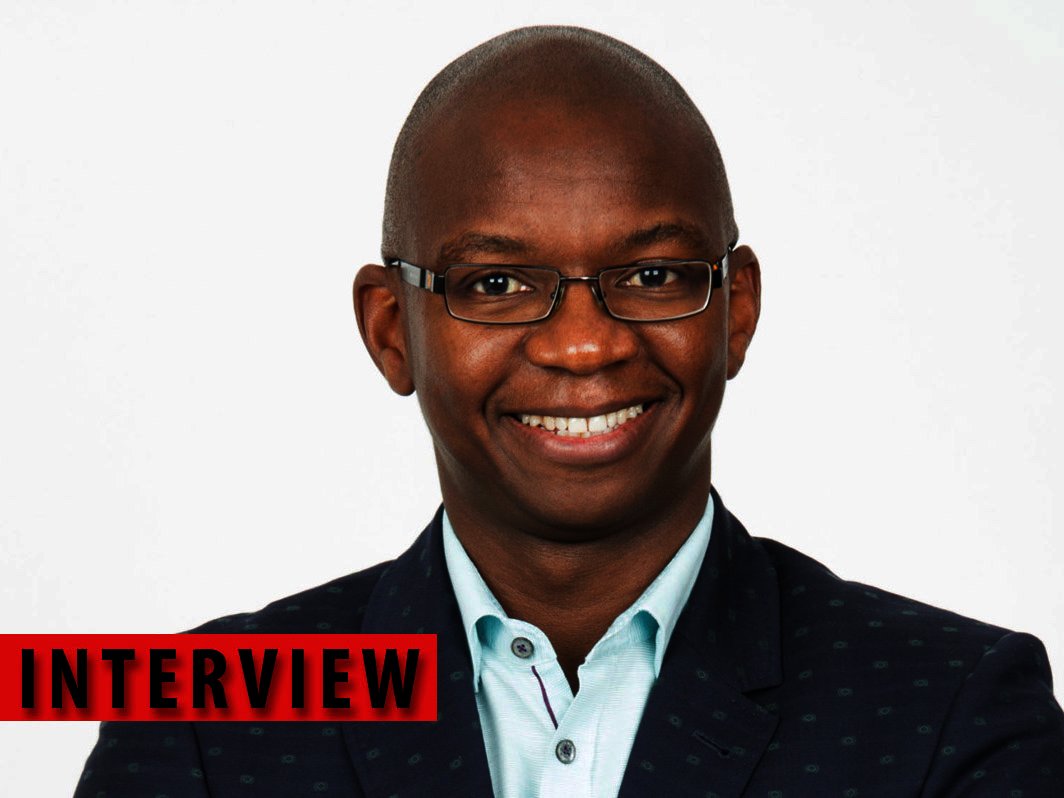Interview with Vodacom: Balancing service to the community and profitability
By Ryan Noik 9 April 2018 | Categories: interviews
Vodacom’s Siyakha platform, which is aimed at lowering the cost to communicate and improve the lives of people that can least afford communication costs, raises an important issue: can corporates be profitable and still prioritise bettering the markets in which they operate?
Vodacom would argue in the affirmative, with the platform being responsible for connecting more than six million people to friends and family through Facebook & Facebook Flex since its launch last year. The reach of the platform was also more significant – offering free health information and videos on pregnancy and early childhood development, as well as connecting jobseekers to job sites for free.
In an illuminating interview, Vodacom’s chief executive of the Consumer Business Unit, Nyimpini Mabunda (NM), explained to TechSmart’s Ryan Noik (RN) why the platform goes beyond corporate social responsibility (CSR) and how corporates can empower people in emerging economies in the digital age.
RN: What in your opinion is the most innovative and forward thinking part of the Siyakha platform?
NM: Using data analytics we have been able to gain insights into usage patterns and customer behaviour to deliver better enhanced value and more personalised products and services to our customers.
RN: What do you hope the main ramifications of increasing digital connectivity will be, i.e. greater employment opportunities, fostering entrepreneurship?
NM: Over the years we have been able to optimise mobile communication technologies by developing mobile solutions that address socio-economic challenges in the communities in which we operate in. This is driven through four pillars; social-connectivity, health, education and jobs. These pillars are reflective of the segments primary needs and align to the 2030 national development goals.
With the increase in unique mobile users in South Africa, we are cognisant of the fact that mobile phones are fast becoming an effective and powerful channel to get across educational material to prepaid customers. Siyakha offers a number of products aimed at addressing these needs.
For example, Facebook Flex, a limited version of the popular social network website, is free for Vodacom subscribers to use to keep in contact with friends and family. The Mum&Baby mobile solution provides free health information based on various stages of a mothers pregnancy and will also assist with early childhood development - up to five years of a child’s life. The information is available through videos and SMS and in three languages; English, Zulu and Sotho.
RN: Why is it essential to you to lower the cost to communicate to the emerging prepaid segment and has it become more so?
NM: It’s based on our detailed customer insight that we do on a periodical basis. Community research highlighted the need for better access to health, education, jobs and socialisation. By giving free access, customers are exposed to information not easily available due to the cost burden associated with browsing the internet. We are conscious of the fact that technology increases the speed and reach of information, which in turn enables people to live better lives. Our main objective is to create a sustainable response for some of the social issues experienced by communities.
RN: How does it differ from actual CSR?
NM: Siyakha was not intended to be CSR at all. We adopted a social business model that optimises the strength of our network to deliver every day value and access to affordable communication services to those who need it the most. Vodacom’s CSR activities form part of the Vodacom Foundation.
The Vodacom Foundation was designed to support social development by promoting education and health as well as safety and security initiatives. Vodacom is proud to have partnered with various organisations since 1999 to grant over R1.2 billion towards various programmes in a bid to address issues like women and child abuse and bridging the digital divide in schools.
RN: How does an organisation balance the need to make money off its product or service with the responsibility to better the communities in which it operates?
NM: Siyakha addresses this exact issue. Corporate South Africa plays a big role in driving social connectivity and bridging the digital divide. With Siyakha we adopted a social business model. that optimises the strength of our network to deliver every day value and access to affordable communication services to those who need it the most by offering lower prices products.
RN: Is doing business this way (in the South African or developing country context) always the best way to proceed? When is and when isn’t it?
NM: The business concept of Creative Shared Value (CSV) has almost redefined the role of corporates in society with the central premise on mutually dependent relationships. Many governments across the world are no longer seen as the sole custodians for social change. More and more corporate companies are exploring ways and means to create shared value expected and are willing to contribute meaningfully in driving this change.
RN: What can and should be done to ensure all segments of the South African society can take advantage of the digital age and the opportunities that digital transformation brings?
NM: Vodacom is cognisant of the cost barriers associated with browsing the internet and gaining access to information. Zero rated platforms like Siyakha eases the burden making it a lot easier to access digital content. Throughout the year we also run various campaigns and promotions including “double your data” and giving free access to selected social media and internet channels. All of these efforts aid digital transformation. The aim of the Siyakha platform is to simultaneously look to increase digital and social connectivity, more especially for the emerging market.
Most Read Articles

Have Your Say
What new tech or developments are you most anticipating this year?



